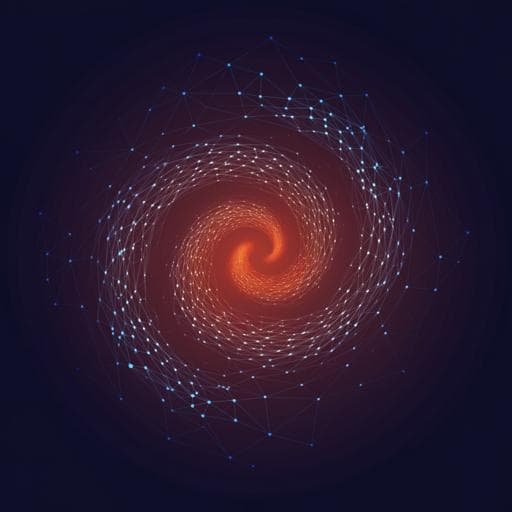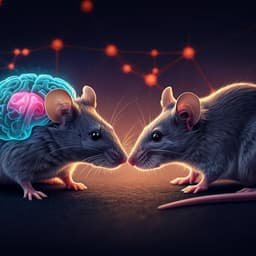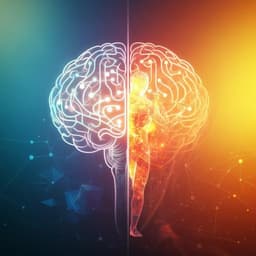
Psychology
Abstract representations of events arise from mental errors in learning and memory
C. W. Lynn, A. E. Kahn, et al.
Humans excel at recognizing abstract patterns, but how do our mental mishaps shape this ability? Researchers Christopher W. Lynn, Ari E. Kahn, Nathaniel Nyema, and Danielle S. Bassett explore an intriguing perspective on how learning errors influence our abstract representations of the world, with implications for designing better information sources. Discover the science behind our psychological shortcuts and the surprising role of errors in learning!
Related Publications
Explore these studies to deepen your understanding of the subject.







